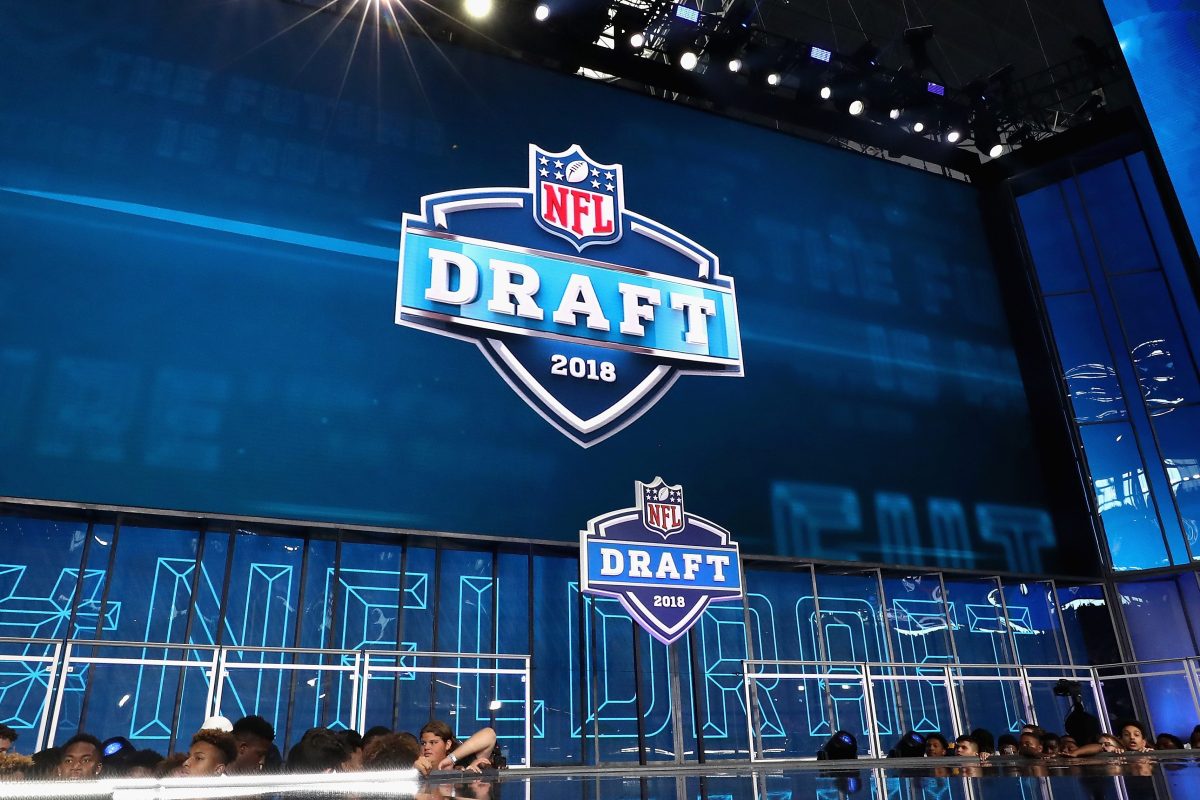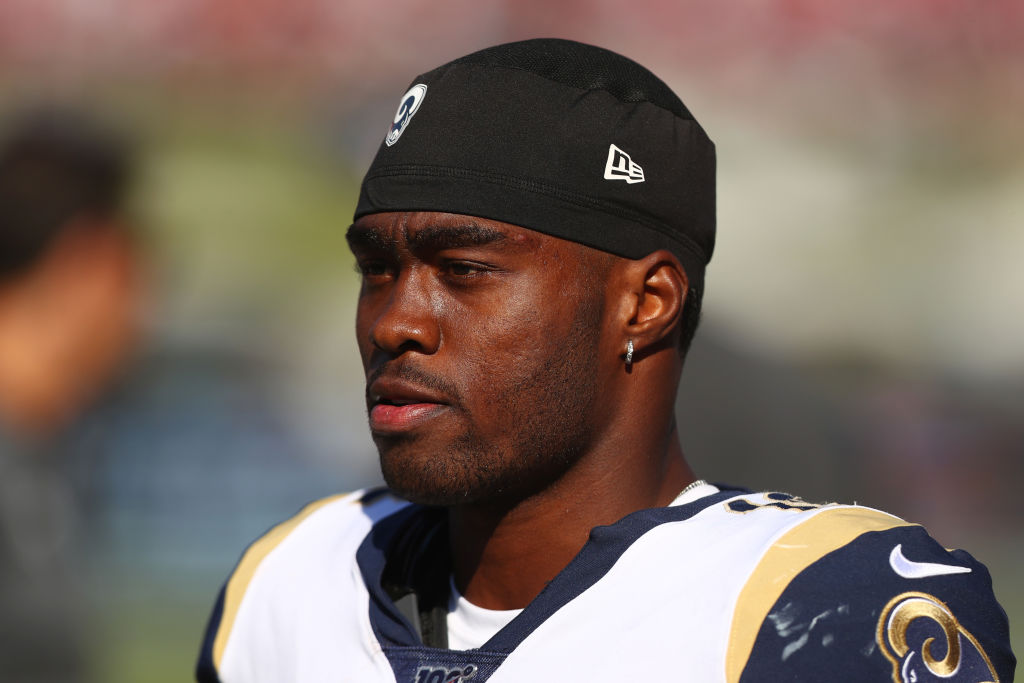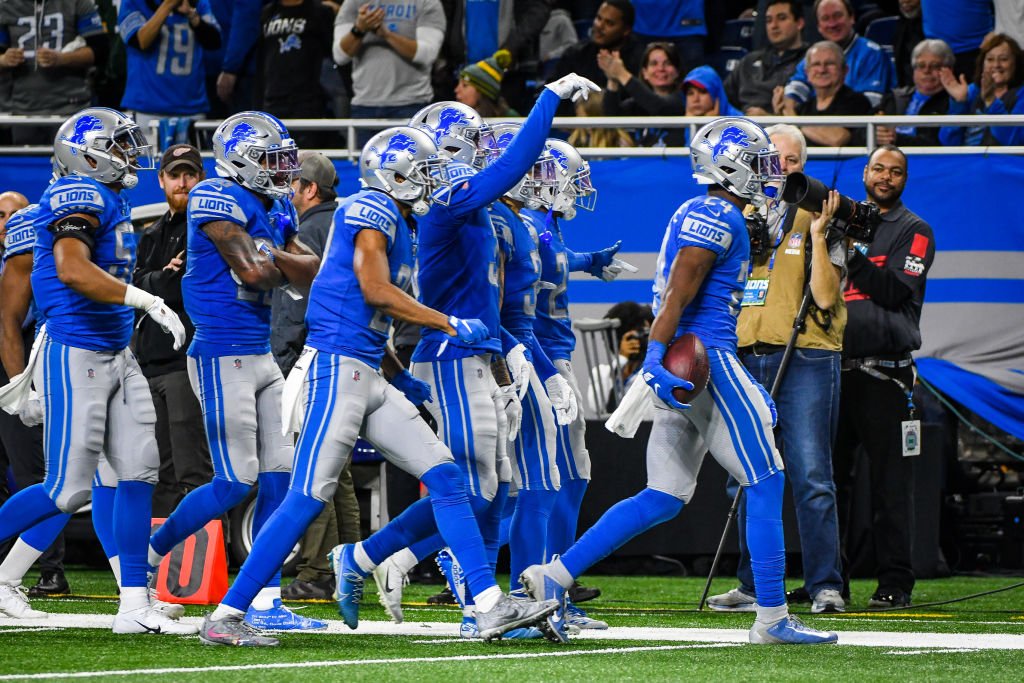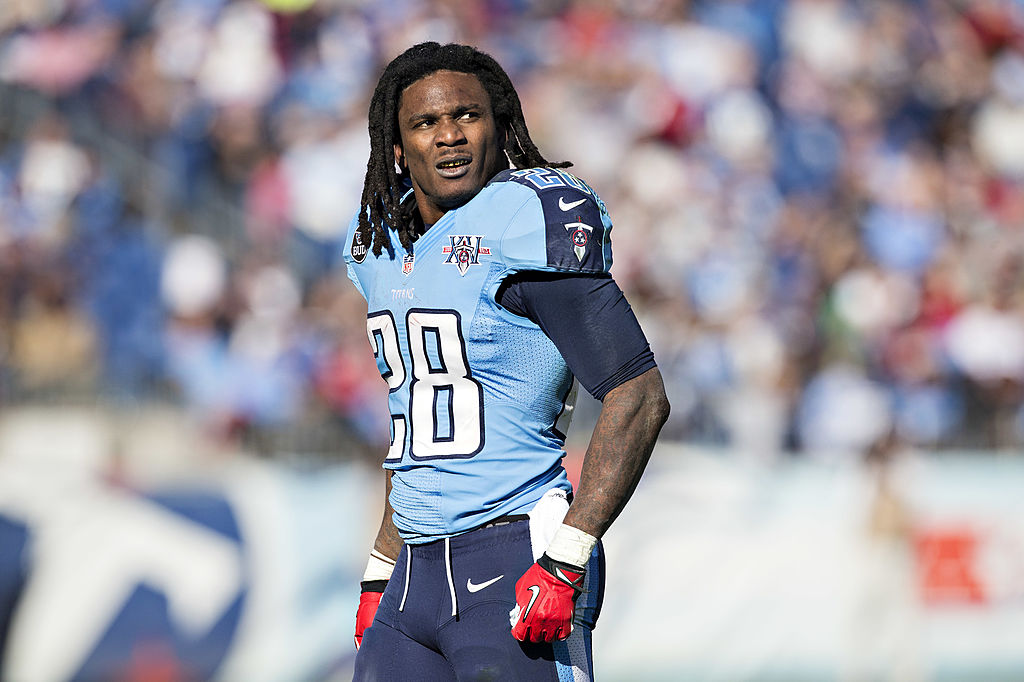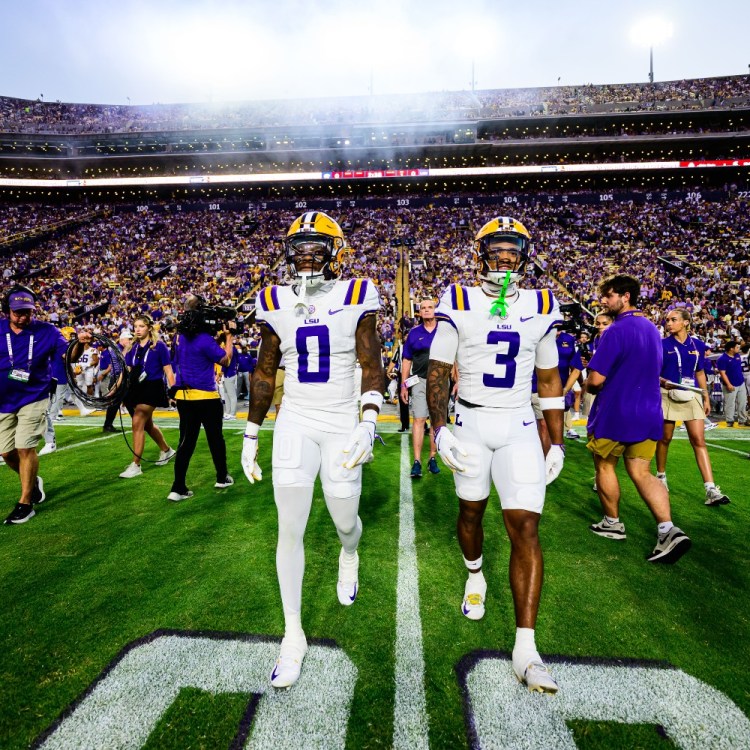Though some have criticized the National Football League for going ahead with its plan to hold next week’s draft as scheduled despite the ongoing COVID-19 pandemic, the majority of sports fans (and media members) are likely very grateful the NFL decided to stay the course.
The draft will now be completed virtually, with teams relying on a modified Microsoft Teams application to make their selections and Commissioner Roger Goodell announcing picks from the confines of his upstate New York basement. While sticking to the draft’s scheduled date represents a welcome sense of normalcy in turbulent times, a number of coaches, GMs, owners and broadcasters have raised concerns about potential problems that may crop up.
First and foremost is the risk that one or more teams could run into tech issues with so many people around the country relying on different types and quality of equipment, not to mention faulty internet connections. To make sure that doesn’t happen, the NFL has given all 32 teams a separate broadband connection that connects them directly to members of the league office, and will also permit each team to put one socially distanced IT specialist in the decision-maker’s home in case of emergency … an arrangement not all involved parties are pleased with.
In addition to the broadband connection, teams can use landlines and email as backup methods to submit picks to the NFL. A mock draft will also be held to check that everything is up to snuff. If something does go wrong and a technical glitch prevents a pick or trade from being made, there are no virtual timeouts to call or challenge flags to throw.
As Mike Garafolo of NFL Media explained last week, there will be no allowances for technical difficulties despite some teams hoping some flexibility would be offered. “It was determined that there should be no technological issues standing in the way of getting a pick in,” Garafolo said.
Another worry for coaches? Internet security.
After Goodell announced that the draft would be virtual, Ravens coach John Harbaugh told reporters on a conference call that he was concerned about Baltimore’s security being breached during the draft.
“Yeah, big concern,” Harbaugh said. “I really wouldn’t want the opposing coaches to have our playbook or our draft meetings. That would be preferable if we can stay away from that.”
While it may (or may not) be a bit paranoid for Harbaugh to be worried about a hoodie-clad Bill Belichick giving the sign for his IT guy to covertly tap Baltimore’s Microsoft Teams meeting, what he should really be concerned about is interference from actual, full-time hackers. After all, you’ve got to figure there’s at least one group out there that would like to make a name for itself the same way Dubai-based hacking group OurMine did when taking over the majority of the NFL’s social-media accounts during Super Bowl week.
Then there’s the actual broadcast itself.
If you were one of the 686,000 viewers who tuned in to watch ESPN’s H.O.R.S.E. Challenge on Sunday, you probably didn’t stay tuned in for too long. Filled with video lag, wonky audio and shoddy camerawork being done by the players and their quarantined friends and family, the broadcast was borderline unwatchable.
While ABC, ESPN and the NFL Network — who will all handle portions of the draft broadcast — have had more time to plan out their coverage for next week, they will still be relying on dozens of non-professionals, like whoever is filming the the 58 prospects who were picked to participate virtually in the draft.
Given what happened during the H.O.R.S.E. tourney, it wouldn’t be surprising at all to see the broadcast cut to a draft pick who isn’t there or, even worse, one who is doing something that might not be suitable for a nationally televised broadcast. (Laremy Tunsil, anyone?)
And the league hasn’t done itself any favors in this regard by imposing guidelines on what the 58 prospects can have on camera with them during the broadcast, including bans on certain brands of clothing, candy and soda. If a player is drinking a non-sanctioned beverage like Coke instead of an approved drink like Pepsi, it sounds as if the league will cut away from the shot without most viewers knowing why.
“What happens if a player has a partnership with a league partner like Bose and a non-league partner, like some chicken place?” a marketer who preferred to remain anonymous asked The Action Network. “They’re not going to show the feed and hurt the league partner?”
While that’s far from the biggest issue a virtual draft may pose, it’s just another wrinkle in what has the potential to be one helluva raisin if things don’t go smoothly.
No matter what happens when the draft kicks off its first round on Thursday, April 23 at 8 p.m, there’s one silver lining for the NFL this year: Goodell won’t get mercilessly booed … unless hackers figure out a way to do it.
Whether you’re looking to get into shape, or just get out of a funk, The Charge has got you covered. Sign up for our new wellness newsletter today.
